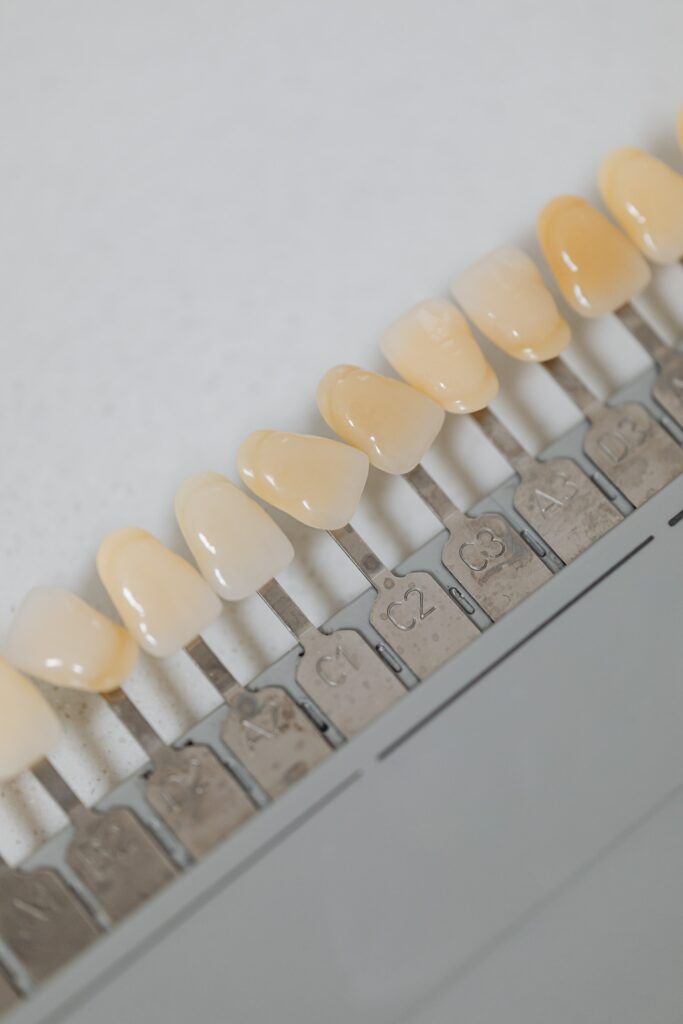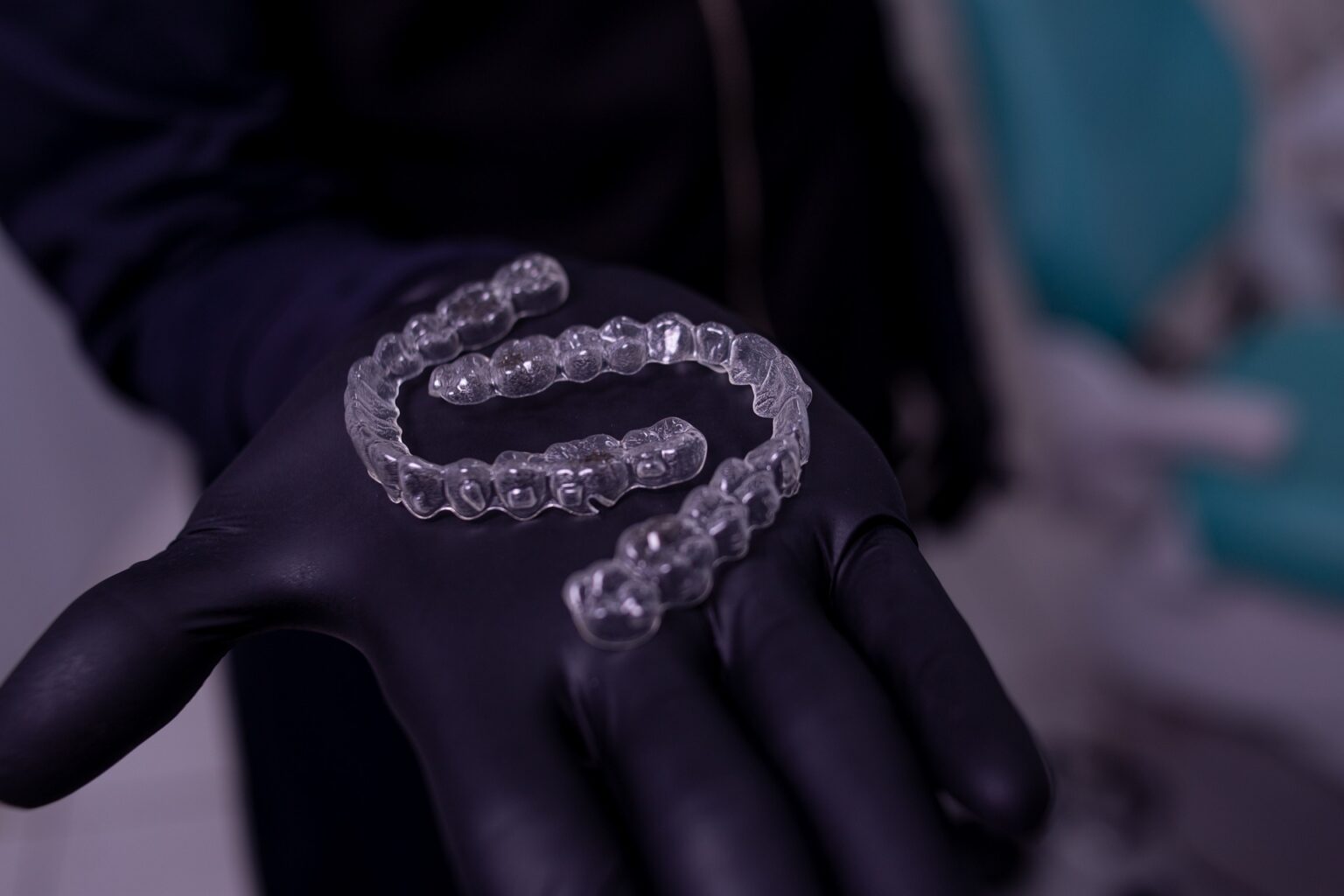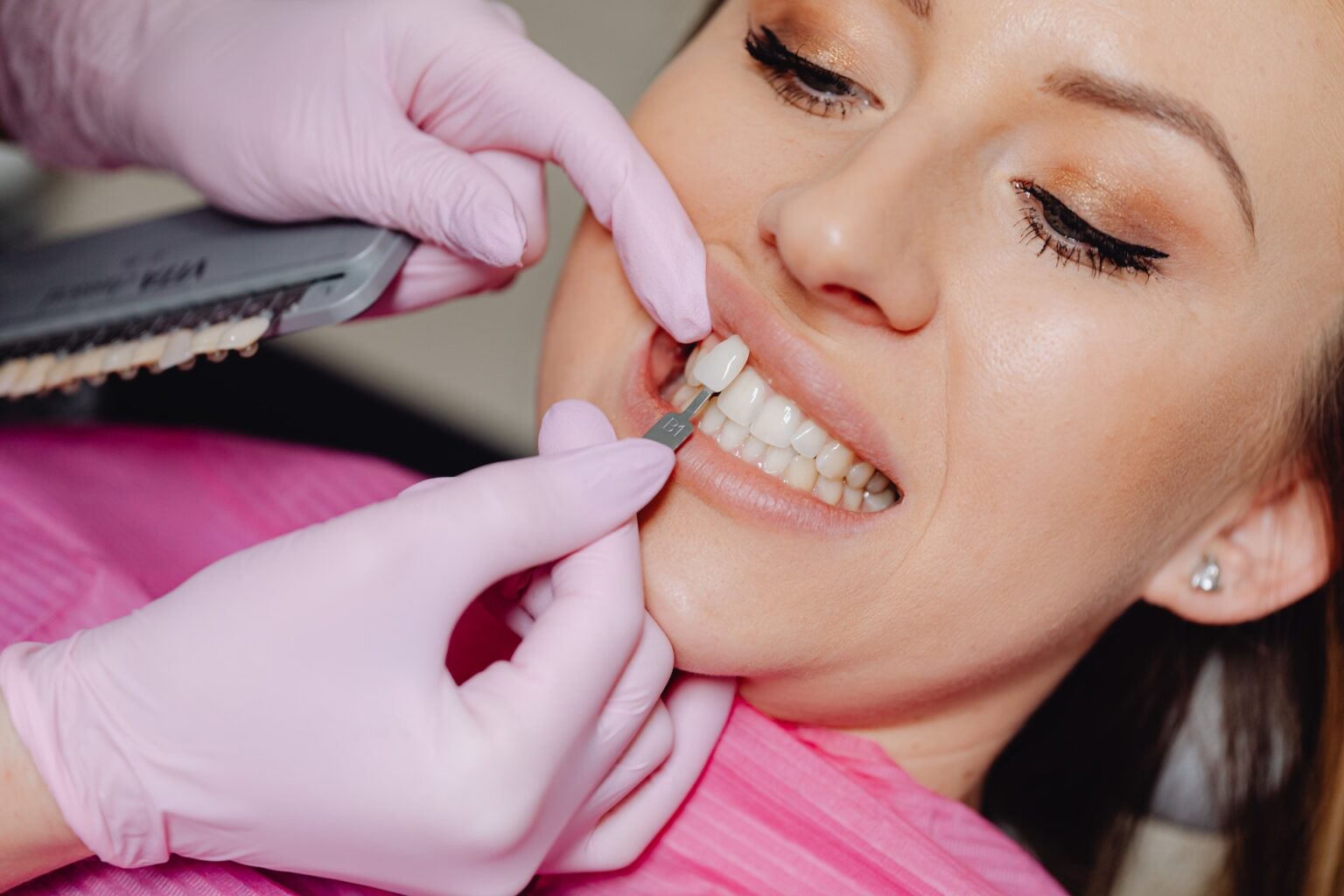How we treat our teeth and how dentistry can restore them have advanced considerably over the past few decades. When it comes to getting the smile of your dreams, thankfully, it isn’t hard to make it a reality. Among these advancements, dental implants have been a game-changer for dentists and patients alike, offering an easy and lasting solution to a multitude of dental problems.
If this is your first time hearing of dental implants, you might not immediately know what they might be. Dental implants are posts installed into an individual’s jawbone through surgical procedures. The preferred material for dental implants is titanium, as it is bio-compatible. It also ensures a stable foundation for the attachment of artificial teeth. When talking about dental restoration procedures, dental implants have led to a lot of ease and convenience for patients looking for better smiles. Here is why dental implants have become the preferred choice for dental restoration procedures:
Improved Aesthetics
Compared to traditional restoration procedures, dental implants offer superior aesthetics. Replacement teeth, usually dental crowns, are custom-designed to match the patient’s teeth’ color, shape, and size exactly. This ensures a uniform and natural-looking smile that enables you to feel confident about your teeth.
It might be reassuring to know that dental implants have a 98% success rate, which means that there is no need to be afraid about a botched job, as it is very unlikely to happen. On the other hand, dentures and bridges don’t have a higher success rate than dental implants, which means that you might end up losing more teeth during the process.
One of the many benefits of dental implants is that they can contribute significantly to preventing bone loss and gum recession, which are common consequences of missing teeth. Dental restoration procedures that utilize dental implants help maintain the volume in the jawbone and prevent the sunken appearance that is commonly seen in traditional dentures.
Better Durability
Conventional dentures and bridges rely on adjacent teeth for support, which isn’t the case for dental implants. A benefit of dental implants is that they offer better durability and stability compared to their alternatives. Since the implants are anchored directly onto the jawbone, they are able to fuse with the surrounding teeth (osseointegration). Since titanium is a biocompatible material, it helps during the healing and fusing process.
The stability of dental implants helps patients live their best lives without worrying about what they can or can’t eat, how they talk, or what their smile looks like. It helps patients improve their overall quality of life. The durability of dental implants helps patients enjoy them for many years, as long as they’re taking care of them carefully.
Maintenance of Your Oral Health
When it comes to dental restoration procedures, the aim is to ensure that an individual’s oral health is restored or improved through interventions. Dental implants play a crucial role in preserving overall oral health. Unlike dental bridges, which necessitate the alteration and removal of adjacent healthy teeth, implants do not rely on neighboring teeth for support. This preservation of natural tooth structure promotes long-term oral health by maintaining the integrity of surrounding teeth.
Besides your regular oral routine, there isn’t actually any special maintenance you need to do for your dental implants. One of the many benefits of dental implants is that regular brushing, flossing, and dental check-ups are all you need to do to stay the same.
Continued Convenience
Traditional dental restoration procedures can be uncomfortable for patients, especially when they include using alternatives like removable dentures. Removable dentures may end up causing sores, irritation, and continual discomfort, especially when eating or talking. There’s also the added stress of worrying about whether these removable alternatives might slip out if you’re smiling, talking, or eating.
You might also notice that other dental restoration procedures require you to change your lifestyle, specifically your diet. You might not be able to eat specific foods that can pull your removable denture out, and that can impact how you enjoy life. With dental implants, you don’t have to modify anything, whether it’s your oral care routine or what you eat.
Improved Self Confidence
A missing tooth can make you self-conscious about your smile, the way you talk, and even about showing your teeth in public. It can lessen your self-confidence and impact all aspects of your life. Many people opt for dental restoration procedures to help regain this confidence, but the proposed solutions may not always be what they want.

One significant benefit of dental implants is their ability to improve speech patterns and restore self-confidence. Missing teeth can impact speech clarity and pronunciation, causing difficulties in communication and social interactions. Dental implants provide a stable and natural foundation for the replacement teeth, enabling patients to speak with confidence and clarity.
A benefit of dental implants is the fact that they can work wonders for anyone’s self-confidence. Patients who opt for dental implants never have to worry about their implants coming out or looking unnatural. Since they are custom-designed for the patient, it always matches their natural teeth and helps them regain their lost self-confidence.
Understanding The Need for Implants
There’s no denying that dental implants have revolutionized dental restoration procedures, offering numerous advantages over older methods. From better stability, durability, and aesthetics to the preservation of oral health and improved comfort and convenience, dental implants have replaced missing teeth.
When it comes to choosing the best dental restoration procedure for your needs, you need to choose a solution that utilizes modern techniques while ensuring your comfort. Dental implants have many benefits; they can help you achieve the smile you want without undergoing multiple painful procedures. When you’re looking to restore your oral health and smile, understanding how dental implants can be ideal for your situation is critical. Consult your dentist about dental implants to learn whether they are the ideal solution.
Getting Your Dental Restoration Procedure at Definitive Dental
When you’re looking to feel confident and happy with your smile, Definitive Dental is here to make your wish a reality. Our expert team, led by Dr. Peter Giurgius, is here to help you take care of your oral health while providing you with the smile of your dreams. Our pain-free guarantee ensures that you remain comfortable throughout the procedure, and we take care to follow up afterward so you don’t suffer from any complications.
Schedule a dental consultation with us today to see how we can help you take your smile to new heights.










